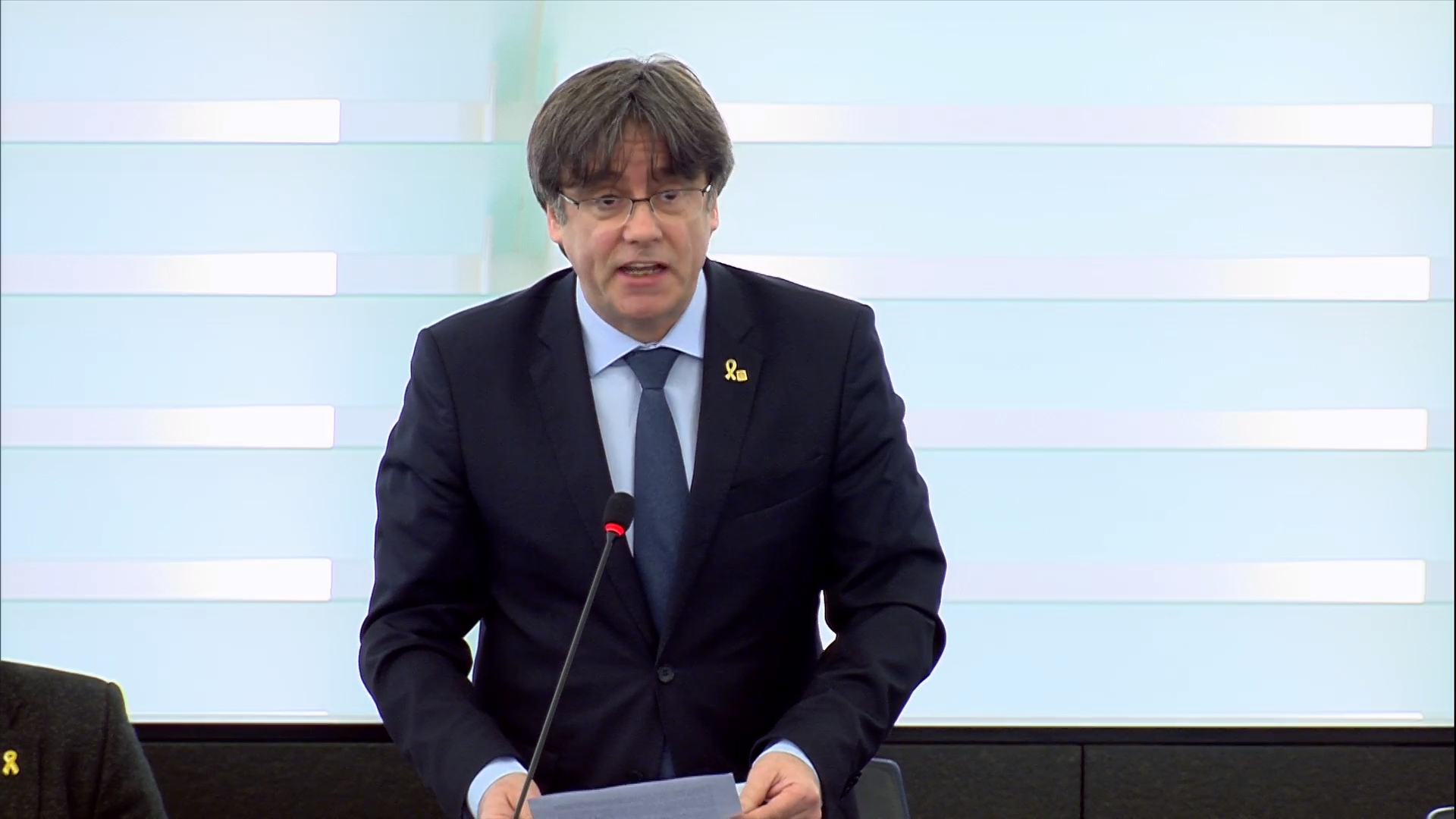A new appeal, with sights again set on the Court of Justice of the European Union (CJEU). The Catalan president in exile, Carles Puigdemont, has presented an appeal to Spain's Supreme Court against the arrest warrant open against him in Spain which includes an argument it should no longer be the competence of the same investigating judge, Pablo Llarena, El Nacional has learnt.
Puigdemont's defence asks that, if the appeal isn't accepted, given that it's the court of last resort, the Supreme Court should present a number of preliminary questions before the CJEU. They note the issue affects the application of Union law and is a consequence of a ruling from the CJEU.
The appeal was presented this morning, responding to a ruling from Llarena on 10th January rejecting an appeal from Puigdemont against the arrest warrants based on their MEP immuity.
The preliminary questions
Specifically, the appeal asks the court to ask the CJEU if it should have jurisdiction over matters involving MEPs, as if they were members of any of the parliaments within Spain, even though this isn't established in law.
Likewise, they raise different questions on, for example, the possibility of issuing arrest warrants for MEPs, whether, in accordance with EU legislation, "it's not necessary to obtain the European Parliament's authorisation to issue a national arrest warrant against a member of the European Parliament".
As a court of last resort, they note that the Supreme Court has a "true duty" to raise questions for preliminary rulings in accordance with EU treaties and that to not do so "implies a violation of the right to effective legal guardianship, to a process with full guarantees, as well as a violation of the Charter of Fundamental Rights of the EU and the European Convention on Human Rights."

